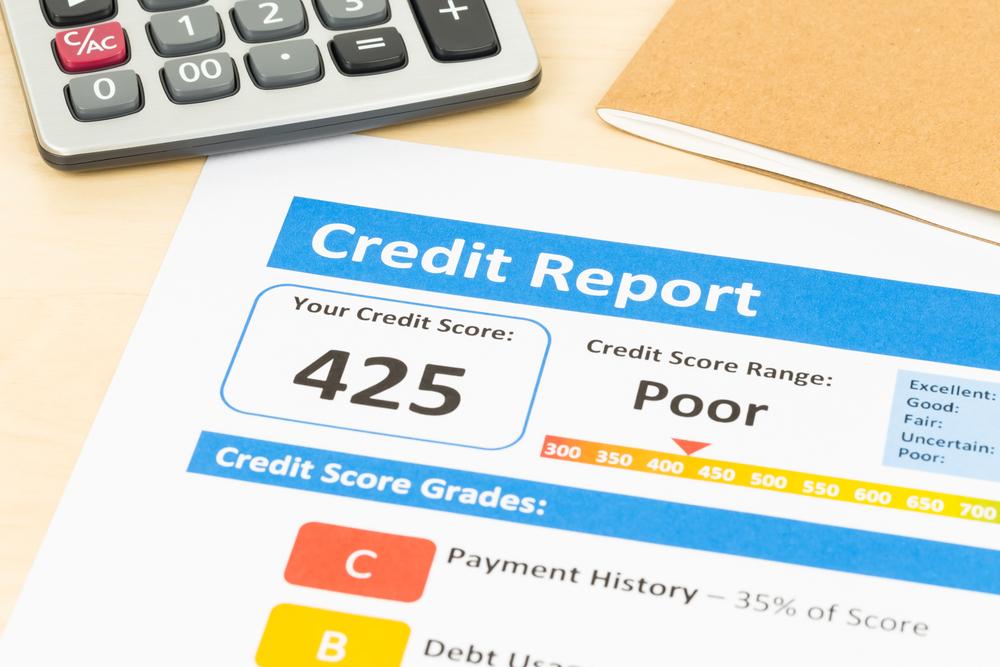Proven Strategies to Monitor and Boost Your Credit Score Effectively
Maintaining a strong credit score is essential for securing favorable loan terms and financial opportunities. This comprehensive guide offers practical tips to monitor and improve your credit profile, including managing credit card balances responsibly, reviewing credit reports regularly, detecting fraud early, and preparing for loan applications. Implementing these strategies can help you build a solid credit history, increase your financial stability, and achieve your long-term financial goals. Stay informed and proactive to enjoy better creditworthiness and financial peace of mind.

Proven Strategies to Monitor and Boost Your Credit Score Effectively
Your credit score is a vital indicator of your overall financial health and stability. It plays a crucial role in your ability to access loans, credit cards, mortgages, and other financial products. Lenders use your credit score to assess your reliability and the risk involved in lending to you. A high credit score not only increases your chances of approval but also often qualifies you for better interest rates and terms, saving you money in the long run. Conversely, a low score can result in denial of credit or higher interest rates, making financial management more challenging.
Therefore, it’s essential to keep a close eye on your credit status and adopt effective strategies to improve your score over time. Regular monitoring provides insight into your financial habits, helps you catch errors early, and allows you to address issues before they impact your creditworthiness. In this comprehensive guide, you’ll learn practical tips that are easy to follow, helping you maintain and enhance your credit profile efficiently.
Manage Your Credit Card Balances and Payments Smartly
One of the fundamental factors influencing your credit score is your credit utilization rate—the ratio of your outstanding credit card balances to your total available credit. Financial experts recommend keeping this ratio below 30%, ideally around 10%, as it demonstrates responsible credit management. High utilization signals to lenders that you may be overextended, which can negatively affect your credit score.
To manage your balances effectively, aim to pay your credit cards in full each month to avoid accruing interest and to show consistent repayment behavior. If paying in full isn’t always feasible, ensure that you at least make the minimum payments on time—late payments can significantly damage your credit profile. Additionally, try to keep your balances below your credit limits, avoiding maxing out your cards. Remember, paying bills on time is critical. Timely payments account for a significant portion of your credit score calculation and reflect financial responsibility.
Practicing discipline by controlling your spending and paying your bills on time helps you build a strong credit history. Over time, consistently responsible credit usage can significantly improve your score, opening doors to better financial opportunities.
Even when full repayment isn’t possible immediately, making timely minimum payments prevents late fees and negative marks on your report. Maintaining low balances relative to your credit limits exemplifies prudent financial behavior and is viewed favorably by credit bureaus, ultimately helping you achieve and sustain a healthy credit score.
Request and Regularly Review Your Credit Reports
Your credit report, maintained by the three major credit bureaus—Equifax, Experian, and TransUnion—is a comprehensive record of your credit activity. Fortunately, under federal law, you’re entitled to one free copy of your credit report from each bureau annually. Regularly reviewing these reports enables you to verify the accuracy of the information, identify any fraudulent activity, and spot errors that could unfairly lower your score.
If you find discrepancies, contact the respective bureau to dispute and correct them promptly. Ensuring the accuracy of your reports is crucial because outdated or incorrect information can hinder your ability to qualify for favorable credit terms.
To stay proactive, consider setting reminders to check your credit report periodically—monthly or quarterly. Monitoring your report helps you stay aware of your financial standing, identify patterns, and make informed decisions about your credit management strategies.
Vigilantly Monitor Your Bank and Credit Card Statements
Another essential step is to regularly review your bank and credit card statements. This ongoing monitoring helps you detect suspicious transactions, unauthorized charges, or signs of fraud early. If you notice unfamiliar charges, it’s important to contact your bank or credit card issuer immediately to resolve the issue and prevent further unauthorized activity.
Fraudulent activity can not only cause financial loss but also negatively impact your credit score if left unchecked. Regular statement reviews are a straightforward yet effective way to safeguard your financial health and ensure all transactions are legitimate.
Check Your Credit Score Before Loan Applications
Prior to applying for a new loan or credit card, always request a recent copy of your credit score. Many lenders will review your credit report as part of their application process, but knowing your score beforehand provides valuable insight into your creditworthiness. If your score is lower than expected, you can take measures such as reducing existing debt, avoiding new credit applications, or improving payment history to enhance your likelihood of approval and obtain better terms.
Monitoring your credit score before applying ensures you are prepared and can tailor your financial behavior accordingly. It’s also advisable to ask lenders about the specific factors they consider when evaluating your application, so you can focus on improving those areas.
In conclusion, maintaining a high credit score requires diligence, responsible credit use, and proactive management. By consistently reviewing your credit reports, managing your finances wisely, and staying informed about your credit status, you can enhance your financial reputation and open doors to more favorable lending opportunities. Follow us for more expert tips on credit and financial health, and remember—good credit is a cornerstone of financial freedom.





